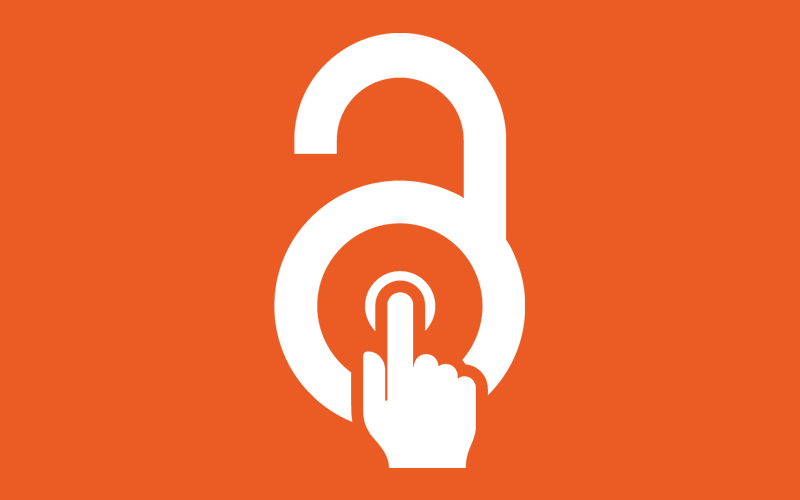Free and Accessible Knowledge Benefits Us All
Free and Accessible Knowledge Benefits Us All https://opusproject.eu/wp-content/uploads/2023/02/pexels-monstera-5200770.jpg 1 1 Open and Universal Science (OPUS) Project Open and Universal Science (OPUS) Project https://opusproject.eu/wp-content/uploads/2023/02/pexels-monstera-5200770.jpgIn the information age, knowledge is power. It’s the key to unlocking opportunities, making informed decisions, and understanding the world around us. However, access to knowledge has traditionally been limited by factors like geography, income, and education. Fortunately, the rise of the internet and the concept of free knowledge has changed this.
Free knowledge refers to the idea that information should be available to everyone, regardless of their background or resources. This includes everything from educational resources to scientific research to news and current events. The internet has made it easier than ever before to share and access free knowledge, and this has significant benefits for individuals and society as a whole.
One of the most significant benefits of free knowledge is that it can help to level the playing field. In the past, access to information was often limited to those who had the resources to seek it out. This meant that people from disadvantaged backgrounds or developing countries were at a disadvantage when it came to education and career opportunities. However, with free knowledge available online, anyone with an internet connection can access the same information as someone in a developed country. This can help to bridge the gap and create more opportunities for people around the world.
Another benefit of free knowledge is that it can help to promote innovation and progress. When information is freely available, people are able to build on the work of others, creating new ideas and discoveries. This is particularly important in fields like science and technology, where collaboration and sharing of knowledge are essential for progress. Free knowledge can help to accelerate innovation, leading to new discoveries and advancements in fields like medicine, energy, and communication.
Free knowledge also has important implications for social and political progress. When people have access to accurate information, they are better equipped to make informed decisions about their lives and their communities. This can help to promote greater civic engagement and participation, leading to a more informed and active citizenry. Additionally, free knowledge can help to promote greater social justice by providing marginalized communities with access to important information and resources.
Of course, there are also challenges and potential drawbacks to the concept of free knowledge. For example, there is the risk of misinformation and fake news, which can spread quickly online and undermine the value of accurate information. Additionally, there are concerns about the impact of free knowledge on industries like journalism and publishing, which rely on the sale of information for revenue.
Despite these challenges, however, the benefits of free knowledge far outweigh the drawbacks. By promoting greater access to information and knowledge, we can create a more informed and empowered global community. We can accelerate innovation and progress, promote greater social justice, and create new opportunities for people from all walks of life. Ultimately, free knowledge benefits all of us, and we should work to ensure that it remains freely available and accessible to everyone.
- Post Tags:
- #OpenScience
- #ResearchAssessment
- Research
- Posted In:
- Open Science News




